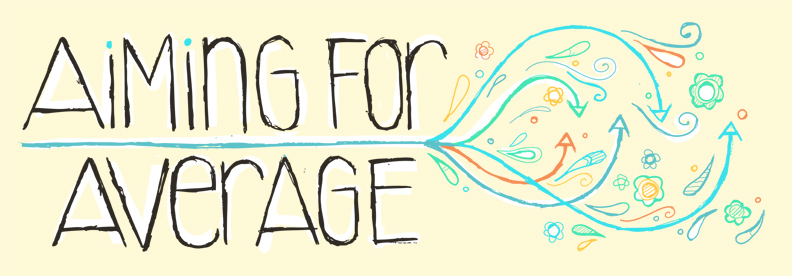This week at camp I have a group of tiresome 10 and 11 year old boys, but I was very excited to discover that one of my campers is also a type 1 diabetic. Thinking he’d share in my excitement, I sidled up to him on the first day of camp and excitedly asked if he was a type 1 diabetic. He gave me an unenthusiastic yes, and then I dropped the (what I thought was exciting) news that I was diabetic too! He barely responded before going off to hang out with the other campers.
Needless to say, I was slightly disappointed that my camper didn’t match my excitement upon finding out we were diabetic buddies. But his response reminded me of a time when I would have been less than enthusiastic to meet other diabetics- not because I had a problem with other diabetics but because I had a problem with my own diabetes. That problem was embarrassment. I’m a very proud person and one thing I had always been proud of was my healthy, active lifestyle. Even though I knew that type 1 diabetes was an autoimmune disorder that couldn’t be prevented, I felt that a lot of people didn’t realize this and that they might judge me for being diabetic. Instead of striving to educate others about type 1 diabetes and eliminate any misconceptions, I chose to hide diabetes whenever possible.
It’s not surprising that hiding diabetes from others sometimes meant I hid it from myself, but since that point in my life I’ve learned, and am still learning, how to balance hiding it and including it when appropriate. I’ve chosen a new path that seeks to be proud of my diabetes, or at least to be proud of myself for controlling my diabetes and not letting it define me. I’ve surmounted my fear that people will tag me as ‘the diabetic” and accepted that if that’s all they see in me, they don’t know me very well.
So I sympathize with my diabetic camper, who ironically probably doesn’t want to be known as “the diabetic” camper. And I hope that he’ll learn just as I did that he has nothing to be embarrassed about.
